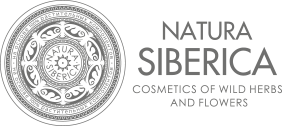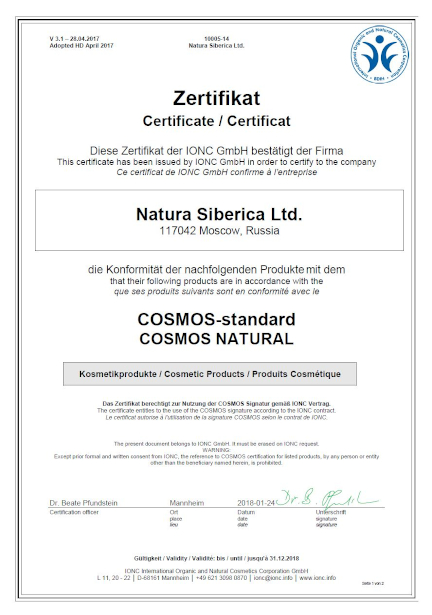BDIH Bundesverband Der Industrie-und Handelsunternehmen (German: Association of Manufacturers and Distributors) is a German based organisation comprising over 440 producers and distributors of cosmetics, food supplements, health products and health products that has developed a comprehensive set of guidelines for certifying natural cosmetics and which has now tested over 9.500 products.
The following guidelines define the concept of natural cosmetics in a sensible and clear manner, with the consumer’s expectations of safe and ecologically sound products in mind:
1. raw materials obtained from plants should be used from:
controlled biological cultivation, taking quality and availability into account, or
– controlled biological wild collections
2. Deliberate rejection of
– organic-synthetic dyes
– synthetic fragrances
– ethoxylated raw materials
– silicones
– paraffin and other petroleum products
3. It is forbidden to sterilize natural and organic raw materials and finished cosmetic products using radioactive radiation.
For the production of natural cosmetics, it is permissible to use components which are processed through hydrolysis, hydrogenation, oxidation, reduction, esterification, transesterification or other methods of cleavage and condensations from the following natural materials:
– fats, oils and waxes
– lecithins
– lanolin
– monosaccharides, oligosaccharides and polysaccharides
– proteins and lipoproteins
– The actual raw material use is regulated by the positive list for development and production of certified natural cosmetics.
4. To ensure that products are microbiologically safe, certain nature-identical preservatives are allowed in addition to natural preservatives. These are:
– benzoic acid and its salts
– salicylic acid and its salts
– sorbic acid and its salts
– benzyl alcoholdehydroacetic acid and its salts
When these preservatives are used, products must be labelled
“preserved with … [name of preservative]” etc.



